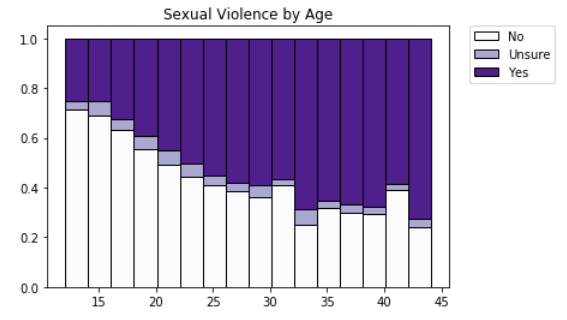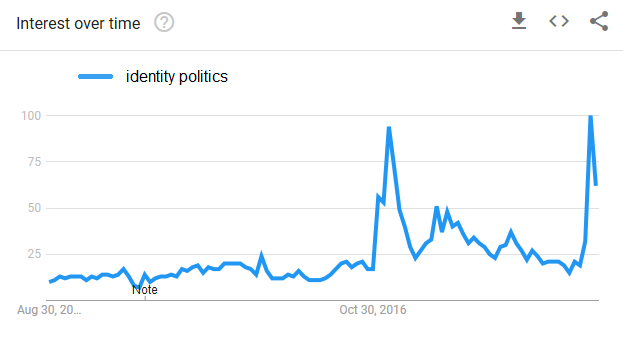[cn: CSA, sexual assault]
Actor Kevin Spacey was recently accused of sexually assaulting a 14 year old boy. The incident was 30 years ago. Kevin Spacey, didn’t he play the protagonist in American Beauty, a movie that all but celebrated pedophilia, and featured a repressed homosexual murderer? Oh, I guess people today mostly know him for his role in House of Cards.
Anyway… this story caught my eye because several friends were saying that Spacey had found the one time that it was inappropriate to come out as gay. See, in Spacey’s statement of apology, he added a paragraph saying that he was gay.
Yeah, so about that. It makes sense that he would say that, because after all, he was accused of sexually assaulting a boy, and had long been rumored to be gay. People were going to connect the dots. They already connected the dots in the article which first published the accusations! But I agree that it seems like a deeply inappropriate time to come out, because it comes across as an attempt to distract. Indeed, some news outlets ran stories that mentioned the coming out first, and the accusations second. Although, looking at Google news results, I suspect this was the exception to the rule. If the intention was to distract, it probably just drew more media attention.
I want to talk about how some people criticized Spacey for the wrong reasons. Yes I know that sounds pedantic. Really who cares if some people come to the correct conclusion for wrong reasons? The reason I care, is because I care about the issue of sexual assault in the context of queer men. And some commentators? They seem to care more about image over substance.
[Read more…]



